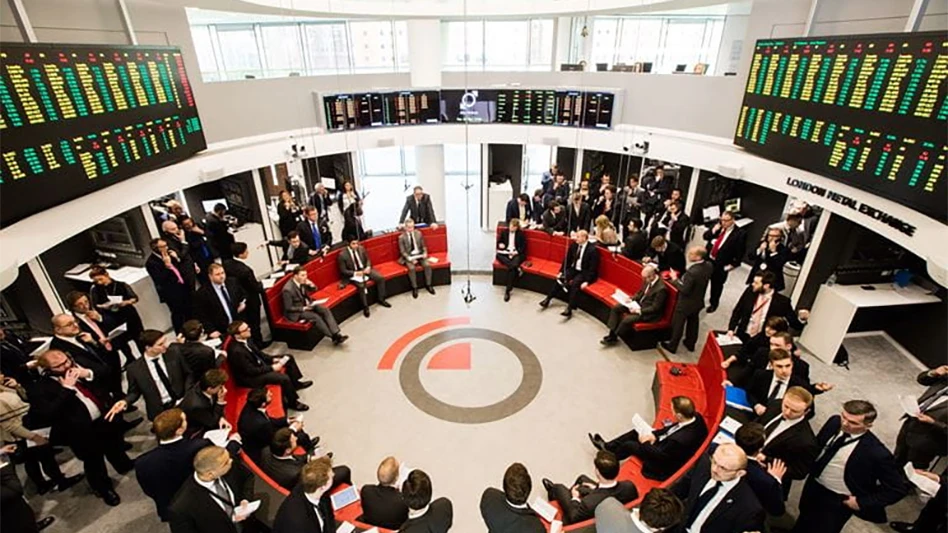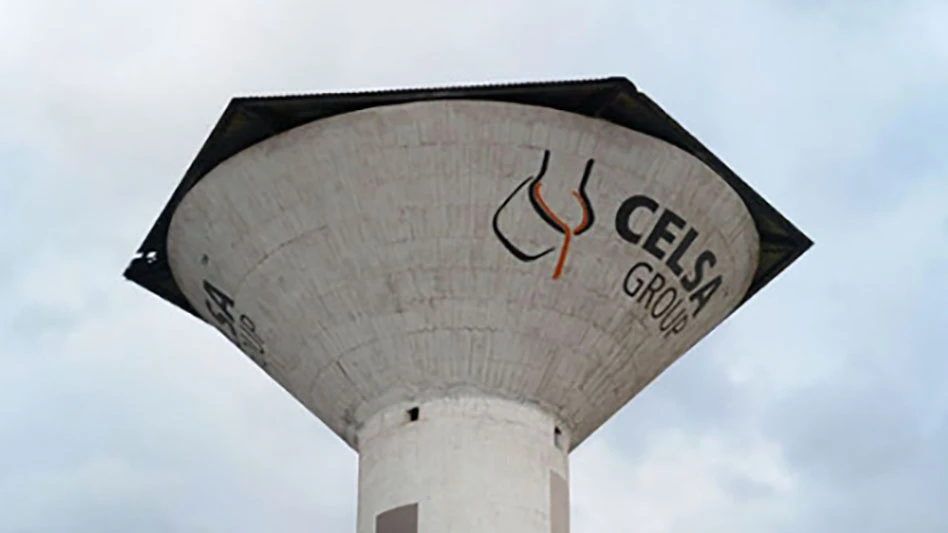
The London Metal Exchange (LME) has launched its consultation on the proposed integration of the EU Carbon Border Adjustment Mechanism (CBAM) requirements into the LME rules to support the aluminum market and value chain in implementing this environmental policy. The LME also has issued a discussion paper that seeks to further develop the company’s existing sustainability agenda, seeking views on proposals to drive initiatives that underpin the global sustainability transition.
“Sustainability is increasingly at the forefront of our industry’s agenda, with the significance and role that it plays growing substantially over the last five years," LME Chief Sustainability Officer Georgina Hallett says. "With the EU’s policy change coming into effect, our proposal is designed to support the market with CBAM compliance—providing enhanced access and procedural efficiencies for the whole value chain—and pave the way for the integration of further regional policy changes that are expected to follow.”
The LME’s discussion paper is soliciting feedback on a range of topics related to the broader sustainability landscape. This most recent discussion paper builds on the foundations established following the implementation of the LME’s 2020 discussion paper initiatives.
“The LME is proud of the steps it has taken to progress responsible sourcing standards within its market and is committed to maintaining its leadership in this evolving landscape by supporting the development of new trends in our industry and continuing to build transparency around and access to sustainable metal,” Hallett says.
CBAM consultation
The LME is proposing the introduction of new requirements starting March 2025 for producers of all LME-listed aluminum brands (including primary aluminum, aluminum alloy and NASAAC, or North American Special Aluminum Alloy Contract) to upload verified emissions data to the LME’s digital credentials register, LMEpassport, which will assist in complying with the CBAM regulation.
Metal owners taking delivery of any LME-listed aluminum brand through the settlement process could be confident that, regardless of where the aluminum has been produced, they will have or will be able to easily source the necessary information to import that metal into the EU, the LME says.
Embedding CBAM-relevant aluminum emissions reporting into LMEpassport will help lessen the administrative burden for producers, support the flow of information across the value chain and help reduce friction at the EU border for LME-listed aluminum, the LME adds, providing market participants, including traders and investors, with essential data to make informed decisions and support the integrity of the metals trading ecosystem.
Latest from Recycling Today
- Lindner shredders prepare Brazilian plastic for recycling
- China ups steel output while other nations cut back
- ReElement, Posco partner to develop rare earth, magnet supply chain
- Comau to take part in EU’s Reinforce project
- Sustainable packaging: How do we get there?
- ReMA accepts Lifetime Achievement nominations
- ExxonMobil will add to chemical recycling capacity
- ESAB unveils new cutting torch models





